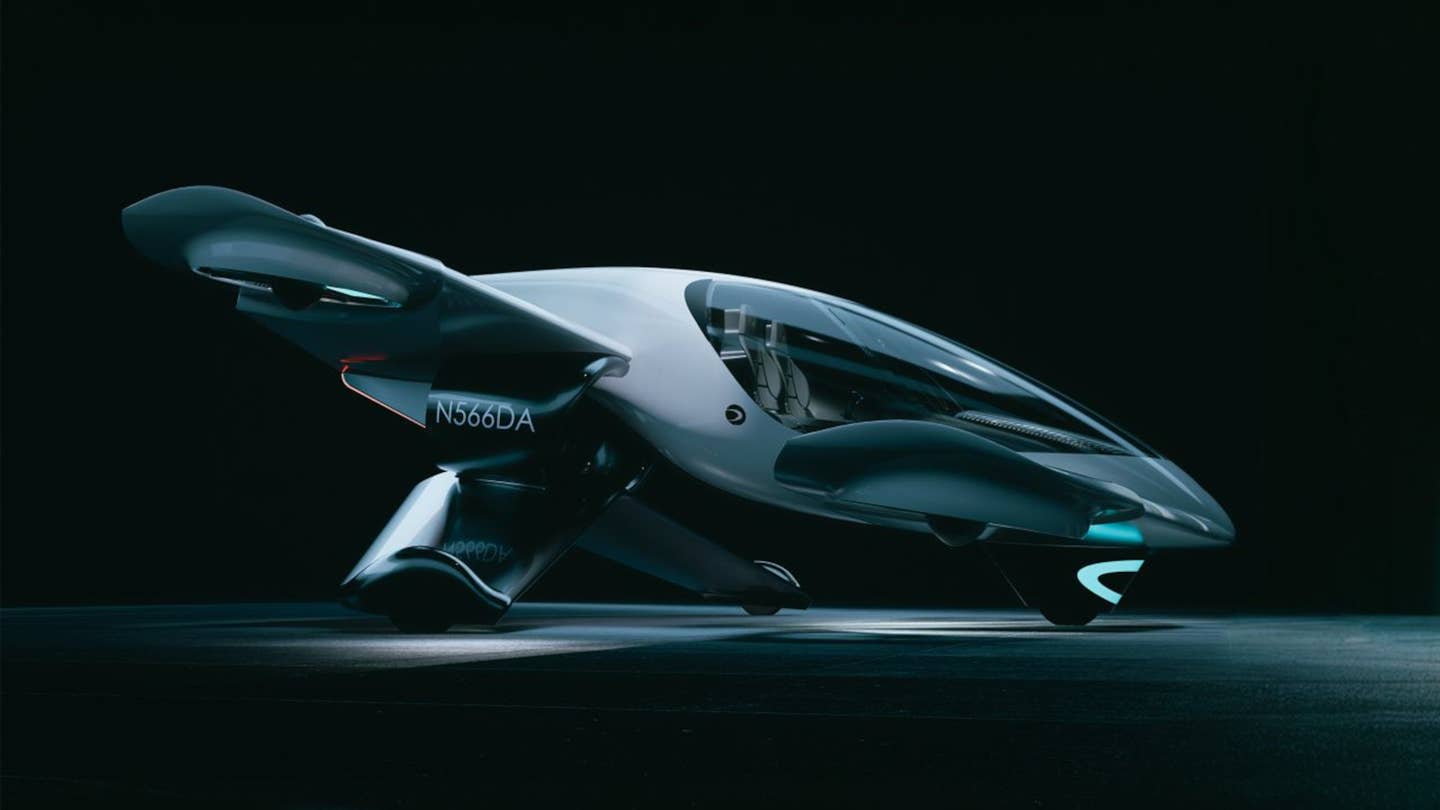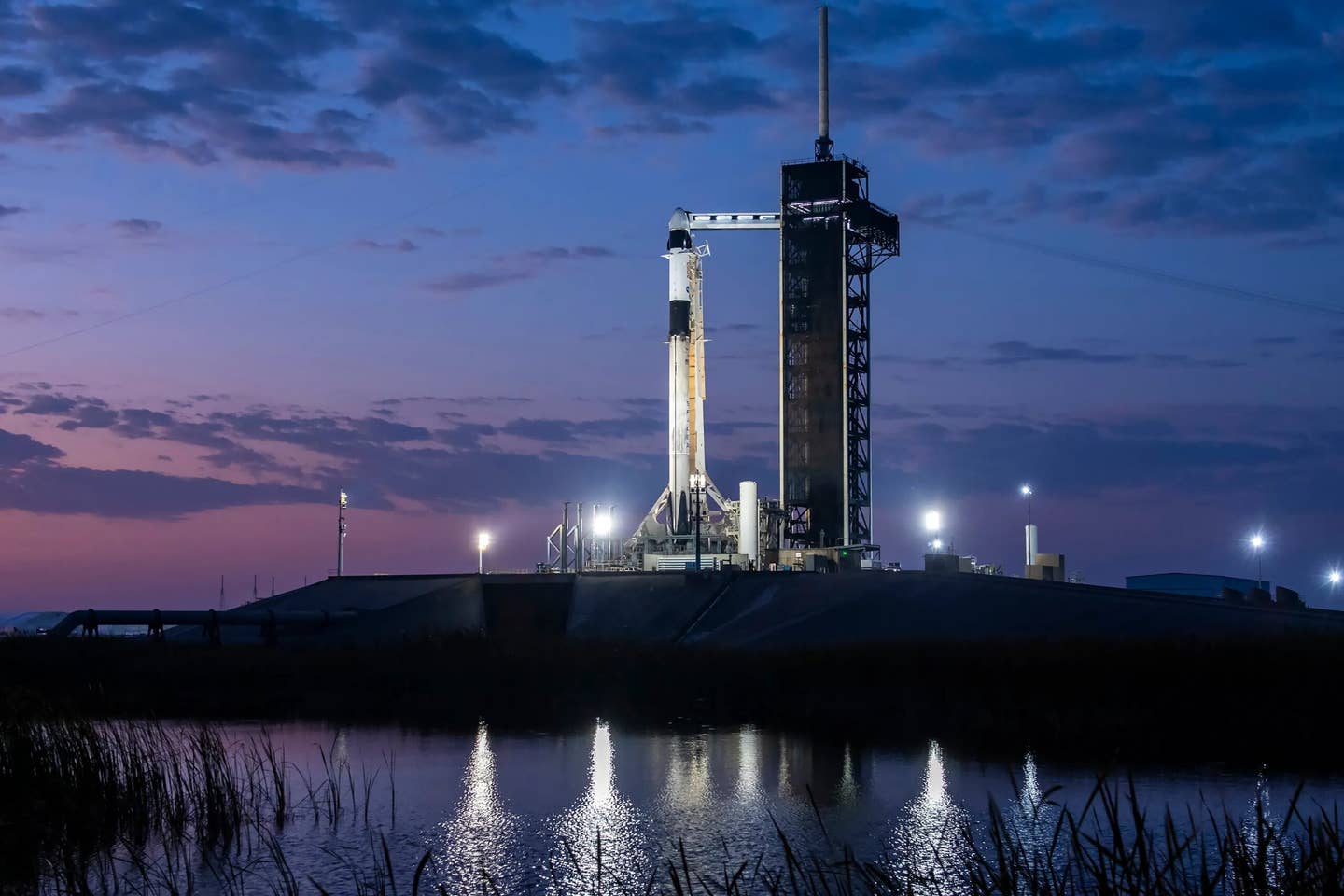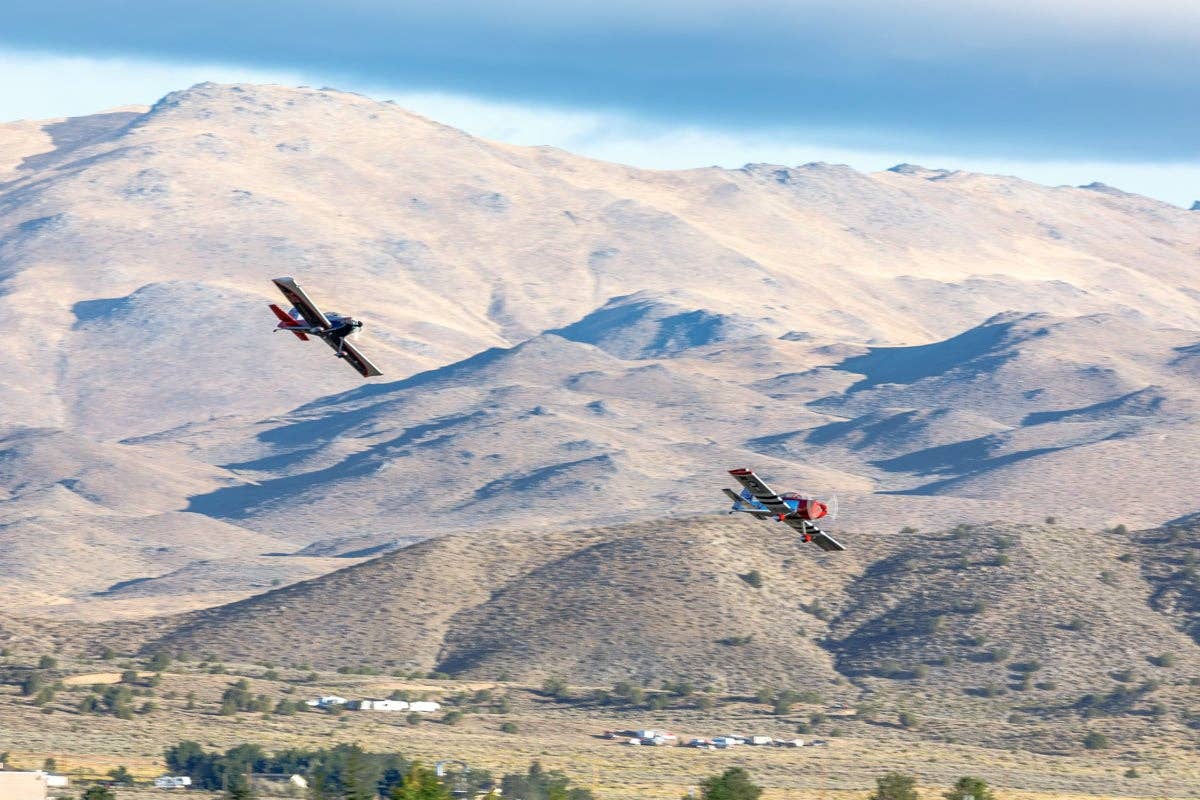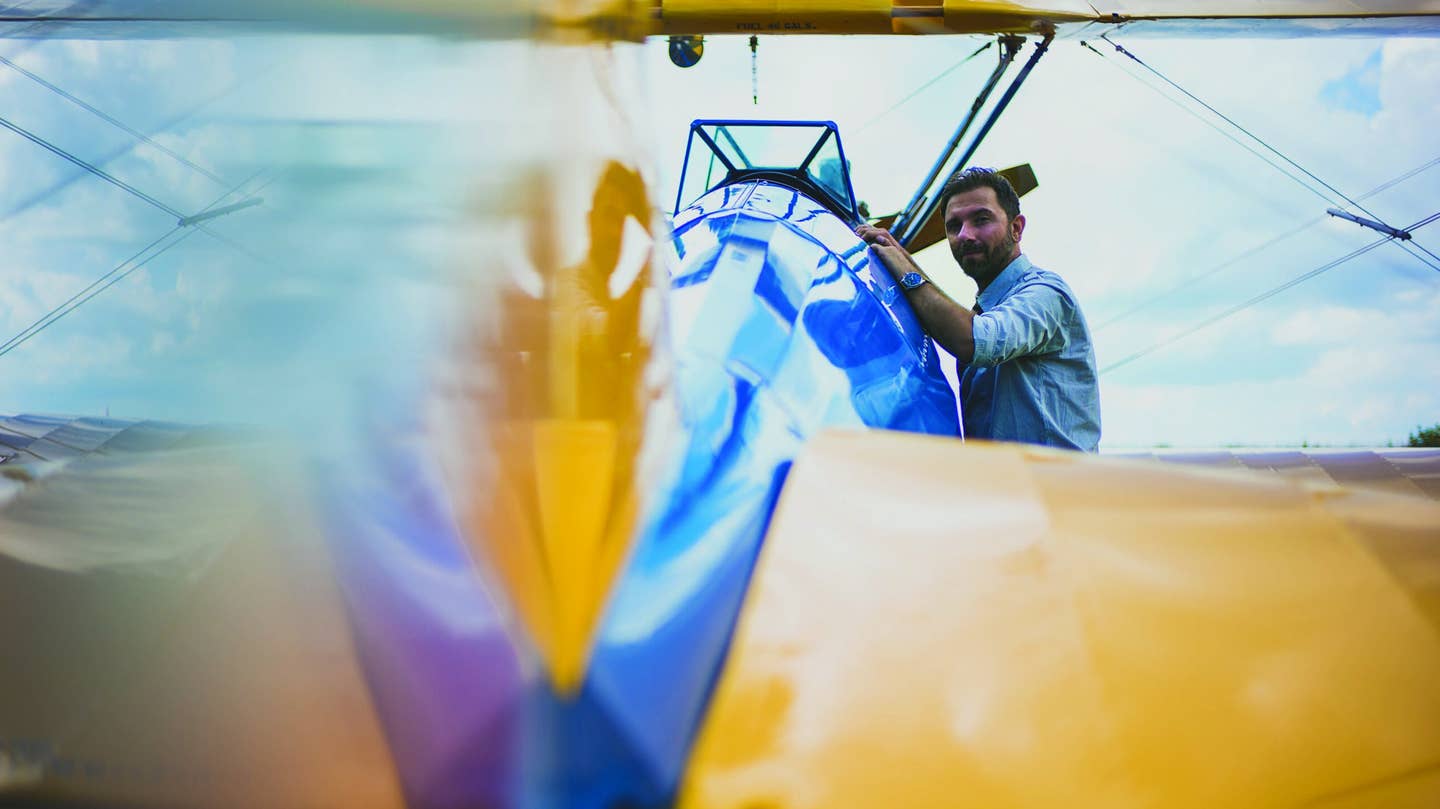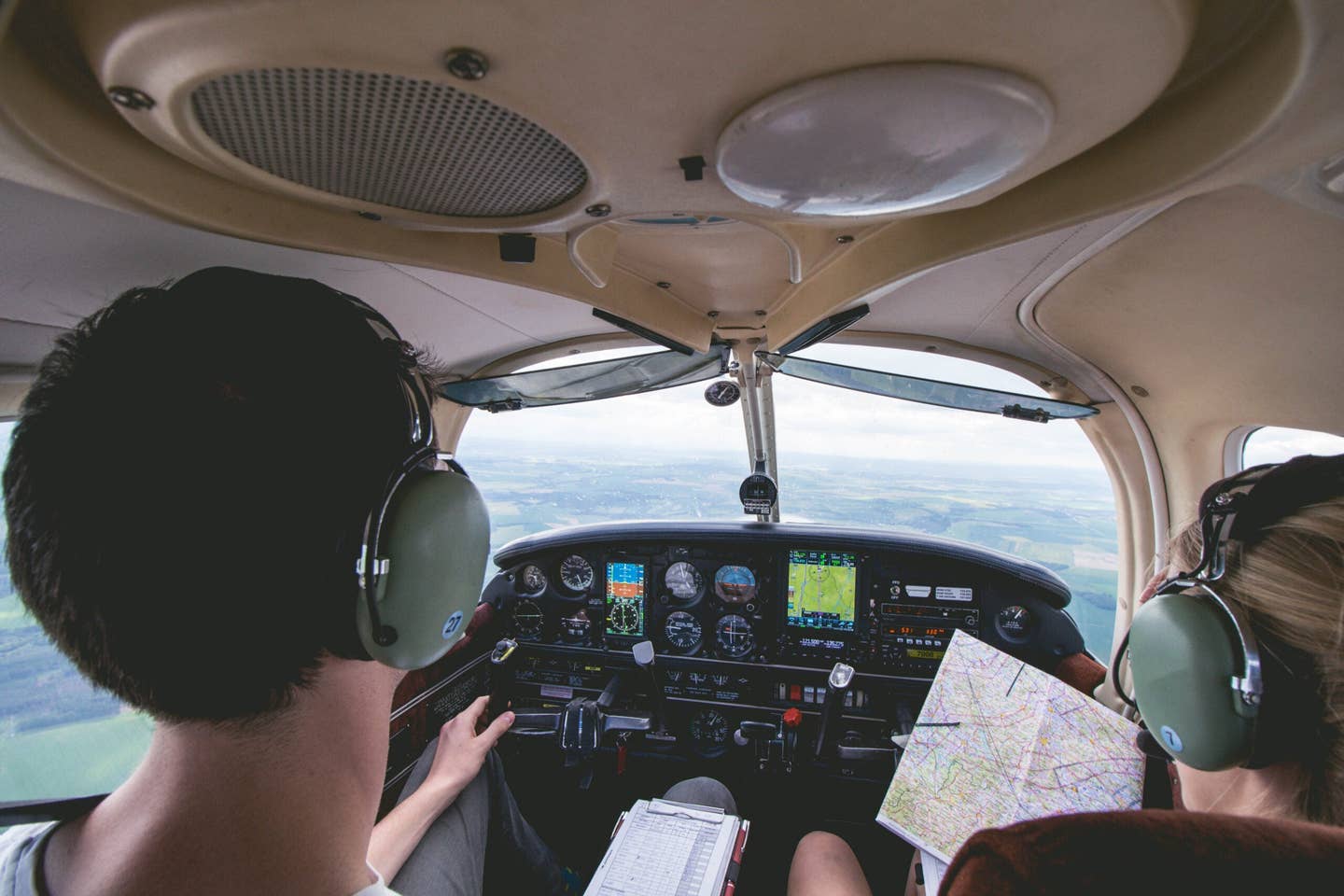
Gathering stamps in programs like the “Fly Washington” program can earn pilots and aviation enthusiasts patches and prizes. Ian Johnston
A handful of states across the U.S. offer such programs. Some are designed specifically for pilots. Others are designed for aviation enthusiasts of all levels. These so-called “passport programs” encourage the public to visit participating airports and obtain stamps in a special passport booklet. For pilots of a certain age, it calls to mind the days when student pilots were required to get a stamp from the FBOs they visited on their solo cross-country flights.
The people who get the most stamps in a given amount of time (usually a year) are eligible for prizes ranging from T-shirts and flight bags to the most coveted prize of all—a leather flight jacket with the program logo on it.
Airports, Museums and FAASTEAM, Oh My!
Since 2006, the state of Maryland has been promoting the Explore Maryland by Air program, challenging aviation enthusiasts to visit the state’s 36 public-use airports and four aviation museums. Attendance at least four FAAST Safety seminars is required, as well.
Depending on how active they are, participants can reach the Fledgling, Albatross, and Ace levels of recognition and prizes like the coveted flight jacket.
You don’t have to be a pilot to participate, says Jamie Giandomenico, president of the Maryland Airport Managers Association.
“The idea was to get people out flying and to also have something for those who are fans of flying, or not flying anymore, or maybe are potential fliers later on. We want them to get them out and see what was going on,” Giandomenico said.
“We knew we would bring in the pilots because pilots are goal-oriented,” he continued. “We think the non-pilots will visit the FBOs where the stamps are, and they will encounter all sorts of interesting people. That brings them into the fold without the entry price of an airman certification, which can be rather steep.”
Have a Dream, Build a Team
These programs don’t pop up overnight. In 2016, the state of Washington laid the groundwork for the “Flying Washington” Passport Program by creating a team. “It became clear that there had to be more than one entity behind it,” said Tim Mensonides, president of the program. A board of directors was created, which Mensonides refers to as “the dream team” because each member brings a special skill.
“We have someone who is great at getting money; we have someone who is great at keeping people on task.”
Max Platz is a planner for the Washington airports division and the secretary of the program. One of the first official steps was the creation of a nonprofit to support the endeavor.
“This works out really well, as it brings our board together, and we are a diverse group ranging from airport managers to pilots, to airport planners and airport consultants,” he said. “It brings a lot of perspective to the program that we would not have if the state department of transportation alone was running it.”
Funding For Fun
The board of directors sought sponsorships and raised enough money to print thousands of paper passport books and create rubber stamps for each airport. They also had to get mailboxes to put the stamps in—most are located inside participating FBOs, but a handful are in mailboxes outside. Of the 134 public-use airports in Washington, 115 are participating in the program.
“Fortunately, most of the airports have a marketing budget and saw the value in the program,” Platz said. “We even had pilots who donated to the project. It was heartening to see they liked it.”
The program launched officially in April 2019. There’s a map that shows pilots which airports are participating. Platz said airport officials take it very seriously, so much so that in summer 2021 when the mailbox at Olympia Municipal Airport (KOLM) had to be relocated because that part of the ramp was being used by aerial firefighting crews, a message was added to the ATIS advising pilots that the stamp could now be found at the FBO.
Flying for Food
One surprise of the “Fly Washington” program was the pilot response to a food drive last fall. Fifteen airports participated, and it became very competitive, Platz said.
“The pilots were coming from all over to donate food. The airports proved to be a good touch point for their local communities.”
Instead of individual pilots winning prizes, for the food drive a trophy was made and presented to the airport that collected the most.
“We intend to hold the food drive again and that trophy will travel, going to the airport that collects the most food like a trophy for a sports championship,” Mensonides said.

Sign-up for newsletters & special offers!
Get the latest FLYING stories & special offers delivered directly to your inbox

